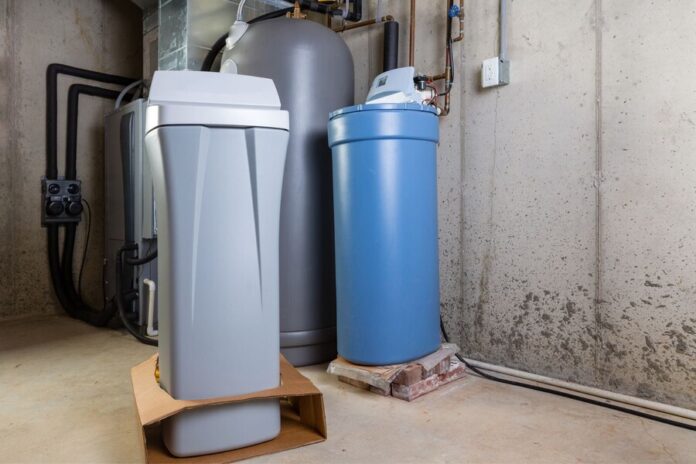Are you tired of dealing with hard water issues at home? A water softener might just be the solution you’re looking for. In this comprehensive guide, we’ll take you through everything you need to know about choosing the right water softener for your home. From understanding the basics of water softening to evaluating different types of water softeners, we’ve got you covered.
Introduction
Hard water is a common issue in many households, causing problems like scale buildup, reduced appliance efficiency, and dry skin. A water softener is a device designed to counteract these issues by removing the minerals responsible for water hardness. Let’s delve into the world of water softeners and how to select the best one for your needs.
Understanding Hard Water
Before choosing a water softener, it’s important to understand what hard water is. Hard water contains high levels of minerals, primarily calcium and magnesium. These minerals can accumulate in pipes, appliances, and fixtures, leading to clogs and reduced performance over time.
How Water Softeners Work
Water softeners work through a process called ion exchange. The resin inside the softener tank attracts and traps calcium and magnesium ions, replacing them with sodium ions. This exchange results in softened water that is gentler on your plumbing and appliances.
Benefits of Using a Water Softener
Using a water softener offers numerous benefits, including extended appliance lifespan, improved soap lathering, softer laundry, and reduced scale buildup. Additionally, soft water can lead to healthier skin and shinier hair.
Factors to Consider Before Buying a Water Softener
When choosing a water softener, several factors come into play:
Water Hardness Levels
Testing your water’s hardness is crucial to determine the appropriate level of softening needed.
Water Usage
Calculate your daily water usage to select a softener with the right capacity.
Size and Capacity
Choose a size that fits your available space and adequately addresses your water softening needs.
Type of Water Softener
Explore different types, such as salt-based, salt-free, dual-tank, and magnetic softeners, each with its pros and cons.
Regeneration Process
Understand the regeneration process of the softener and its impact on water and salt consumption.
Types of Water Softeners
Let’s explore some common types of water softeners:
Salt-Based Ion Exchange Softeners
These traditional softeners are highly effective but require regular salt replenishment.
Salt-Free Water Conditioners
Suitable for mild water hardness, these systems do not remove minerals but prevent them from accumulating.
Dual-Tank Water Softeners
Ideal for larger households, these systems ensure a continuous supply of soft water.
Magnetic Water Softeners
Using magnets, these devices claim to alter the behavior of minerals in water, reducing scaling.
Choosing the Right Size and Capacity
Select a water softener size based on the number of people in your household and your daily water consumption.
Evaluating Different Brands and Models
Research various brands and models, read reviews, and consider certifications before making a decision.
Installation and Maintenance
Decide whether to install the softener yourself or hire a professional. Regular maintenance is essential for optimal performance.
Cost Analysis
Factor in the initial investment, installation costs, and ongoing expenses like salt and electricity.
Environmental Considerations
Be mindful of the environmental impact of salt discharge and water wastage from the softening process.
Reading User Reviews
Check online platforms and forums for user experiences, and ask for recommendations from friends and family.
Comparing Warranties and Guarantees
Look for warranties that cover the softener and its components, ensuring long-term peace of mind.
Making Your Final Decision
Consider all the gathered information and choose the water softener that aligns with your needs and budget.
Conclusion
Choosing the right water softener involves understanding your water’s hardness, evaluating different types, and considering factors like size, installation, and maintenance. By following this comprehensive guide, you’re well-equipped to make an informed decision that will benefit your home and family for years to come.
FAQs
- Q: How often should I regenerate a salt-based water softener?
- A: The frequency of regeneration depends on water hardness and usage but is typically set for every few days.
- Q: Can a water softener eliminate existing scale buildup?
- A: No, a water softener prevents new scale buildup but does not remove existing deposits.
- Q: Are salt-free water conditioners as effective as salt-based softeners?
- A: Salt-free conditioners are effective for mild hardness but may not be suitable for very hard water.
- Q: Do magnetic water softeners really work?
- A: The effectiveness of magnetic water softeners is debated, and results may vary.
- Q: What’s the average lifespan of a water softener?
- A: With proper maintenance, a water softener can last 10 to 15 years or more.








